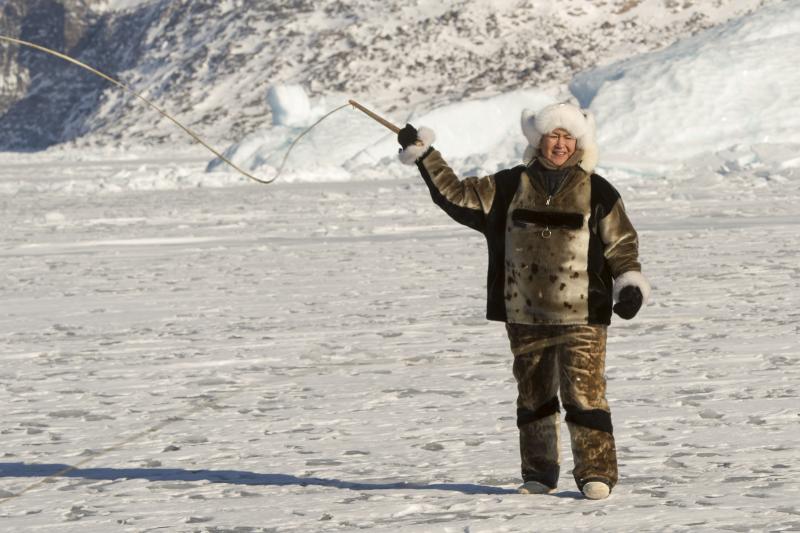Researchers around the world are harnessing the power of indigenous stories to bridge the data gaps related to climate change. By collecting and analyzing these narratives, they are gaining invaluable insights into how communities are experiencing and adapting to environmental shifts. This innovative approach not only enriches scientific understanding but also amplifies the voices of indigenous peoples who have long been marginalized in conversations about climate change.
Indigenous Knowledge as a Tool for Climate Change Research
Indigenous communities have a deep connection to their land and have accumulated knowledge about their environments over generations. This knowledge, often passed down through oral traditions, offers a unique perspective on climate change that complements traditional scientific data. By integrating indigenous knowledge into climate change research, scientists can gain a more holistic understanding of the complex interplay between humans and the environment.
The Power of Storytelling in Capturing Climate Change Impacts
Storytelling is a powerful tool for communicating the effects of climate change on communities. Through personal narratives and cultural stories, researchers can paint a vivid picture of the ways in which rising temperatures, extreme weather events, and shifting ecosystems are impacting people’s lives. These stories humanize the data, making it more relatable and compelling for policymakers and the general public.
Challenges and Opportunities in Collecting Indigenous Stories
While indigenous stories offer valuable insights into climate change, there are challenges in collecting and analyzing this information. Language barriers, cultural sensitivities, and issues of trust and confidentiality must be carefully navigated to ensure that indigenous communities are respected and empowered in the research process. However, the opportunities for collaboration and knowledge exchange are immense, opening up new avenues for inclusive and community-led science.
The Role of Indigenous Voices in Shaping Climate Change Policies
By centering indigenous stories in climate change research, policymakers can develop more effective and equitable strategies for mitigating and adapting to environmental changes. Indigenous peoples have a wealth of adaptive strategies and sustainable practices that can inform policy decisions at local, national, and international levels. By amplifying indigenous voices, we can create a more just and resilient future for all.
Conclusion
In conclusion, the collection of indigenous stories is a crucial step in filling the data gaps related to climate change. By valuing and incorporating indigenous knowledge into scientific research, we can deepen our understanding of environmental challenges and solutions. As we move forward in addressing the urgent issue of climate change, we must continue to listen to and learn from the diverse voices and experiences of indigenous communities around the world.

